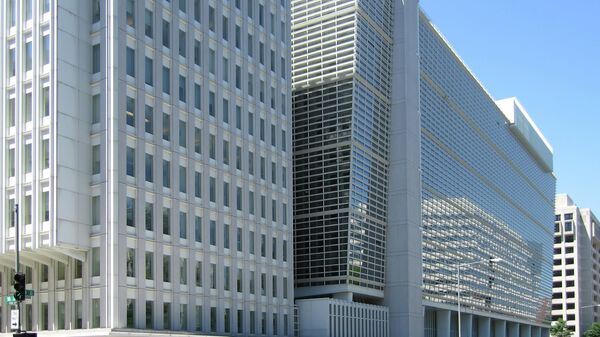Back in 2012 the World Bank signed a loan agreement with Pakistan, intending to provide assistance for the country's Natural Gas Efficiency Project.
Pakistan faces severe challenges in the gas sector, including low gas production failing to keep pace with demand, inadequate allocation of the resource, its inefficient end use, and high levels of unaccounted-for gas (UFG). Over 10 percent of gas supplied in Pakistan is unaccounted for, which is unaffordable, especially when compared to international standards of one-to-two per cent.
The Natural Gas Efficiency Project was to be implemented by Sui Southern Gas Company (SSGC) and aimed at enhancing overall gas supplies in the country by reducing physical and commercial losses in the pipeline system and improving operational capacity.
Most UFG comes from dilapidated or deteriorating pipelines, leaking joints, gas theft in the form of tampered meters, illegal connections and malfunctioning metering equipment.





